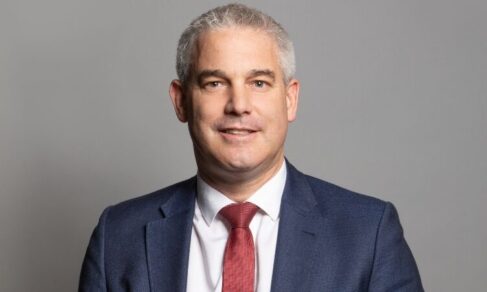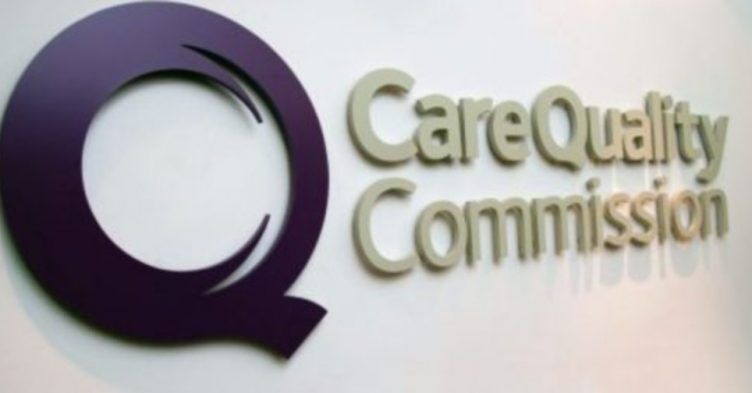An increase in use of community pharmacy, coupled with a mix of technology, recruitment and reduced bureaucracy will ‘interplay with the current pressures’ on nurses within primary care, the health and social care secretary has told Nursing in Practice.
In an exclusive meeting today, Steve Barclay recognised there was ‘more demand’ within general practice and outlined ways the government was addressing recruitment and retention within the sector.
His comments come as general practice nurses (GPNs) continue to sound the alarm over poor workplace experiences, including pay and terms and conditions. Just last month there were reports of GPNs being given just a 1% pay increase within the last year, as well as discrepancies in maternity and sick pay.
Mr Barclay held a roundtable with nurses earlier today to discuss ‘the wider package’ of a recent NHS pay deal in England, which he said included issues of staff safety and wellbeing.
In a media briefing attended by nursing press ahead of the meeting, he said the government ‘hugely value the work that nurses are doing’ and that he recognised the ‘huge pressures’ the nursing profession has been under.
In addition, he said he wanted to work ‘very closely’ with nursing colleagues to address the issue of staff safety. Mr Barclay said there were ‘still far too many, both physical and verbal attacks’ against nursing staff.
The government also wanted to explore ‘where the best practice is in terms of wellbeing’ and how this could be scaled across the NHS.
Mr Barclay was then pressed by Nursing in Practice on what the government was doing to support recruitment and retention within general practice nursing.
In response, he pointed to the 200 more general practice nurses (GPNs) working in England than a year ago, as well as the more than 26,800 primary care staff who have been recruited into general practice under the Additional Roles Reimbursement Scheme (ARRS) since 2019.
Meanwhile, the health secretary also focused on the incoming common conditions pharmacy service – Pharmacy First – which is due to be launched by the end of the year in England and will see community pharmacists treating seven common conditions.
There was also a £645m investment into primary care, said Mr Barclay, as well as digital telephony and online booking systems, and work being done to reduce ‘some of the bureaucracy on GPs’.
‘So, that mix of technology. How we’re looking at taking pressure off the GPs. How we’re looking at the additional roles. How we are looking at technology, some extra recruitment as well of nurses, using the wider skills mix with pharmacy; all of those things interplay with the current pressures on nurses within primary care,’ Mr Barclay said.
He said this would be supported through the recent NHS primary care recovery plan and its ‘significant additional funding’. Though when the plan was published, it came under scrutiny by the profession after its limited mention of and lack of involvement of nurses.






